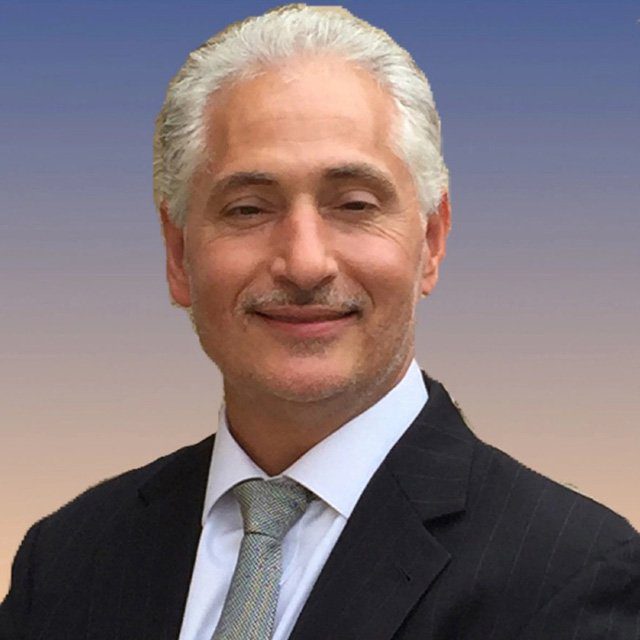Ex-Wells Fargo Exec Who Alleged Fake Job Interviews Plans to Sue Over His Firing

What You Need to Know
Wells Fargo managers interviewed women and people of color for already-filled jobs to make it look like they were trying to boost diversity, Joe Bruno says.
Bruno says the wirehouse fired him for complaining about fake interviews; Wells Fargo says Bruno retaliated against another employee.
There are better ways to boost diversity than requiring interviews of diverse candidates, consultant Andrew Tasnady says.
A former Wells Fargo executive plans to sue the wirehouse, alleging that it fired him in August 2021 after more than 21 years at the company for complaining about what he said were fake job interviews of women and people of color that were conducted by the firm to make it appear it was making efforts to increase diversity.
Wells Fargo managers interviewed diverse candidates for positions that had already been promised to other candidates, according to Joe Bruno, 58, a former senior vice president and market manager for Wells Fargo in Jacksonville, Florida.
Bruno and several other current and former Wells Fargo employees said that they were instructed by supervisors or human resources managers to interview more women and people of color or were aware of the practice, the New York Times reported on Thursday.
“I am in the process of filing a lawsuit against Wells Fargo for wrongful termination and retaliation [that] should be filed within the next two to three weeks,” Bruno told ThinkAdvisor on Monday.
The lawsuit will be filed in either in Jacksonville or San Francisco, where the company’s headquarters are located, said Bruno, now president and managing director of Bruno and Associates, a financial advisor recruiting firm.
Retaliation Claims
Wells Fargo denied Bruno’s allegations Monday. A Wells Fargo spokesperson pointed to language in his Form U5 termination that said he was “discharged” over “workplace conduct inconsistent with company standards relating to professionalism and anti-retaliation.”
The alleged retaliation in question was against an operations manager for the firm who was “receiving numerous complaints from my financial advisors, financial consultants and client associates,” Bruno told ThinkAdvisor.
For about seven months, Bruno tried unsuccessfully to get the operations manager on board with other initiatives to hire women and minorities, according to Bruno.
“I liked the guy. I didn’t want to get him in trouble. I didn’t want to tell his direct manager” about what was happening, he explained. “I thought I could fix it and I thought I could help him. It was a huge mistake on my part because, in the end,” he wouldn’t cooperate, according to Bruno.
Bruno told the operations manager he would have to report him to his boss. “Once I said that, he got scared, he went to HR and he [told] HR that I’m retaliating against him,” Bruno said, adding Wells Fargo then launched an investigation.
“I was driving diversity” and it was working in his market, Bruno said. Meanwhile, “I was complaining about fake interviews,” he noted. As a result, “Wells Fargo was looking for an excuse to fire me” because “I would not stop talking about the fake interviews for the last four years” internally at the company, and it finally decided to use the “bogus” issue with the operations manager as its excuse, he alleged.
Diversity was “more of a check the box for them,” he claimed, adding: “They were doing these bull—- interviews” to satisfy the requirements of prior lawsuits against it around lack of diversity, he said, alleging the issue was “systemic throughout the entire country, within the company” and not just in Florida.
Diversity Policy
Wells Fargo has been trying to enhance its diversity initiatives for a few years.
Charlie Scharf, its CEO and president, apologized in September 2020, after a memo became public in which he tied the struggle to find experienced Black executives to a limited talent pool. After that, the firm adopted a formal policy requiring that a diverse group of candidates would need to be interviewed for all jobs paying over $100,000 a year.
In August 2020, Wells Fargo paid almost $8 million to settle a claim by the Labor Department that it had discriminated against more than 30,000 Black job applicants for positions in banking, sales and support roles.



